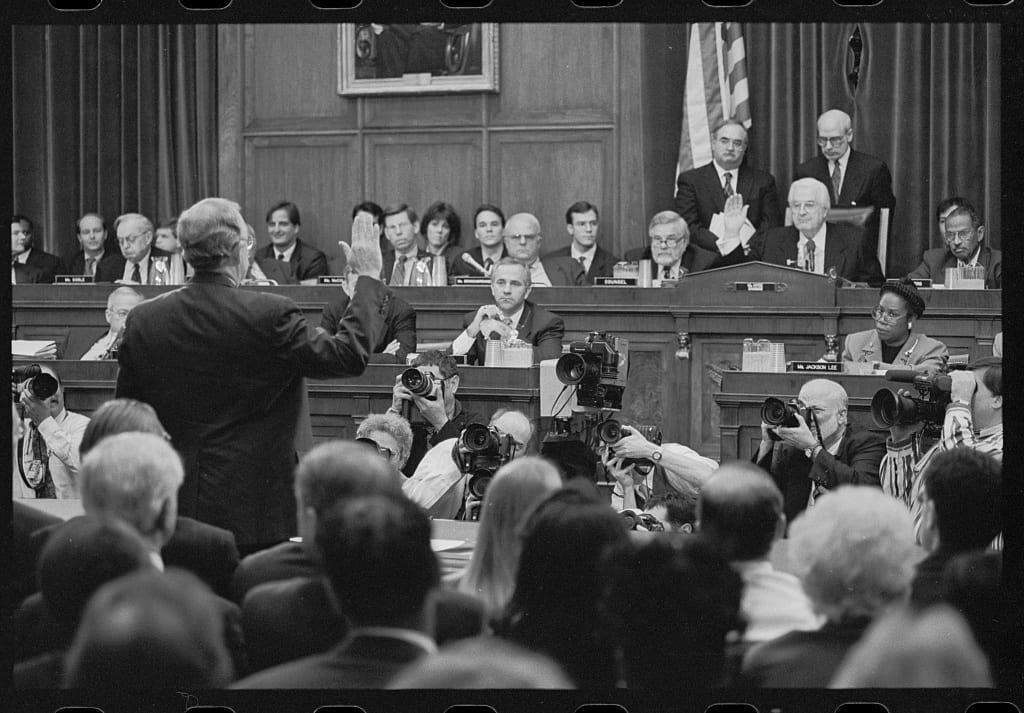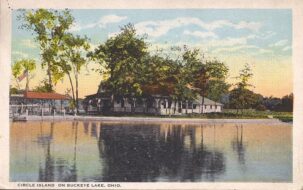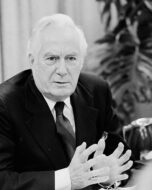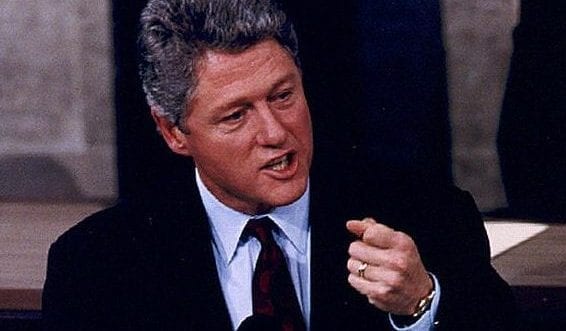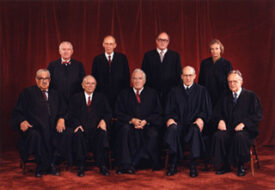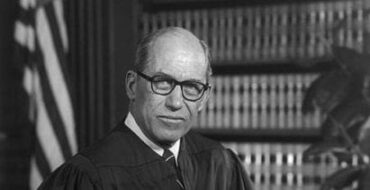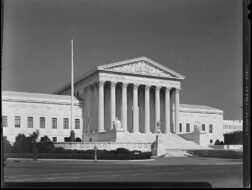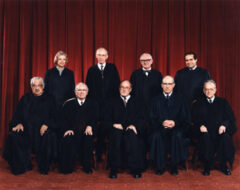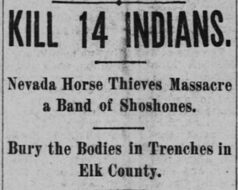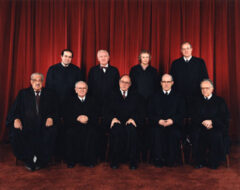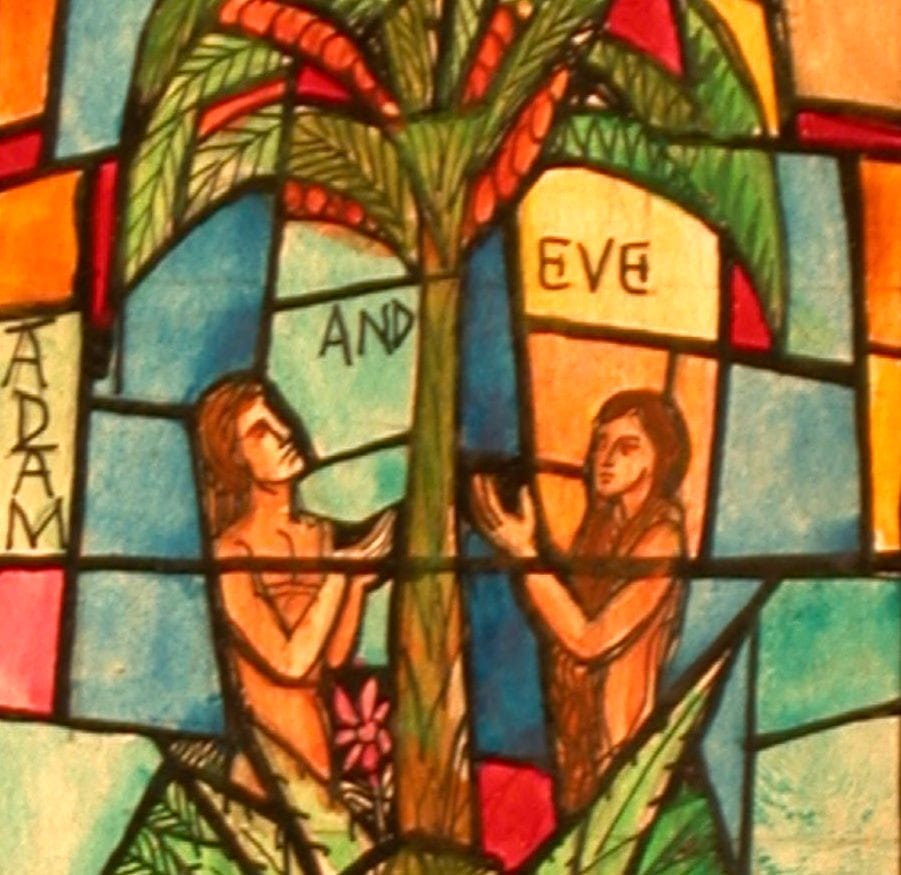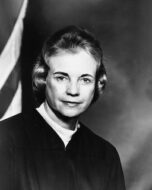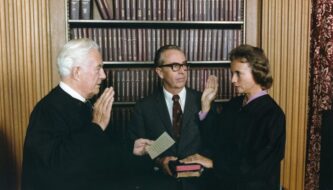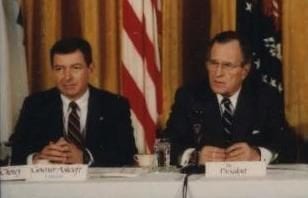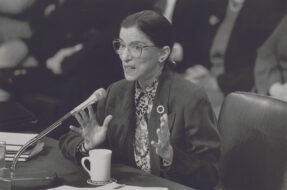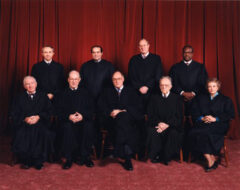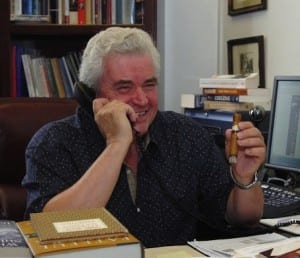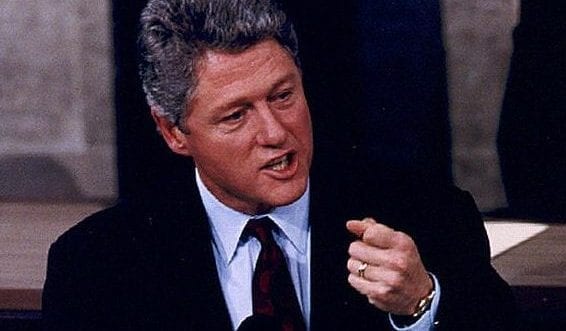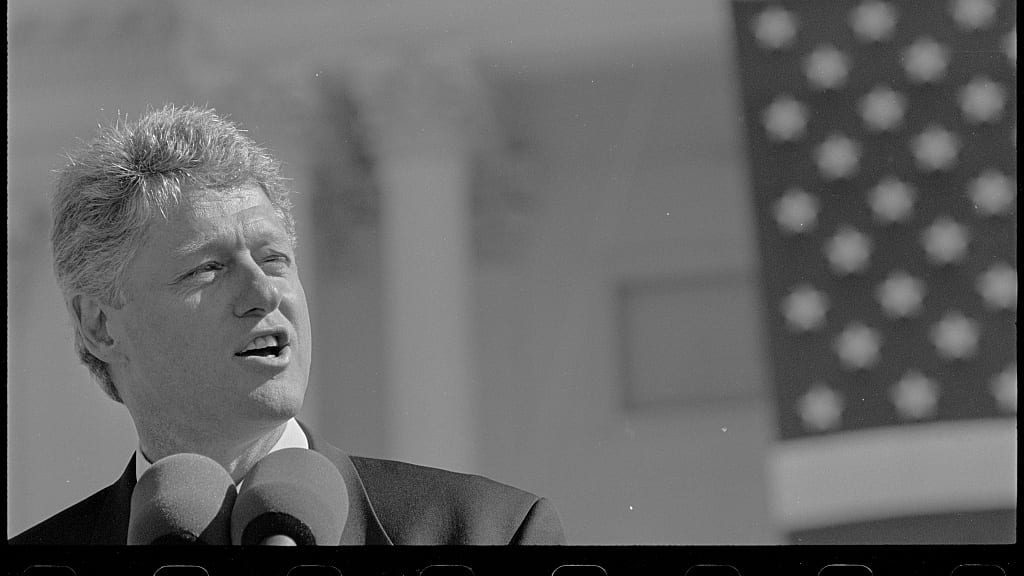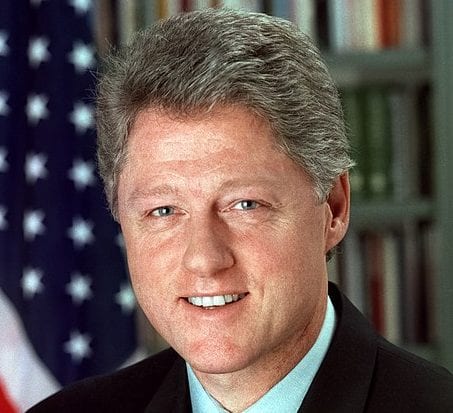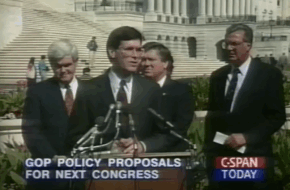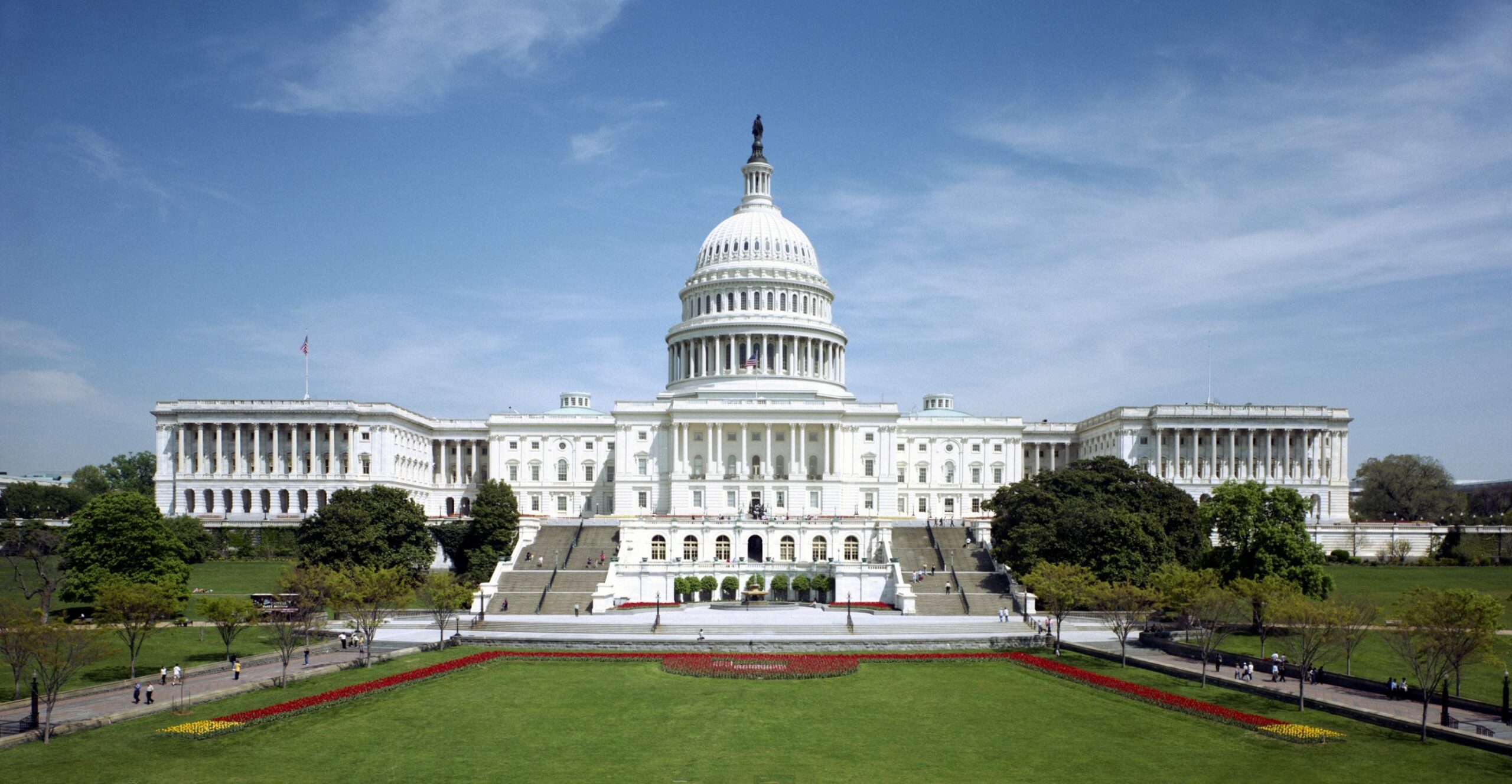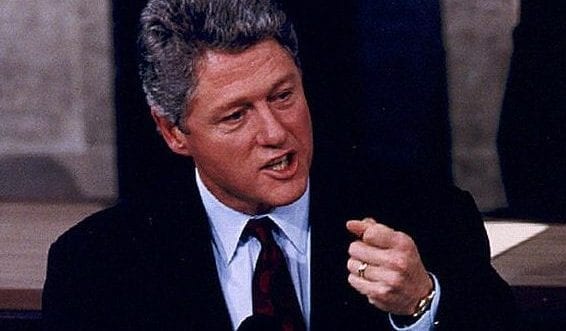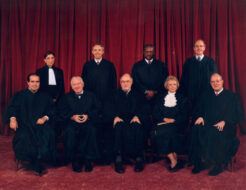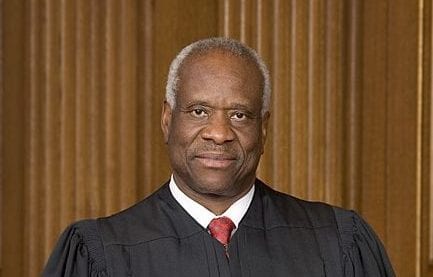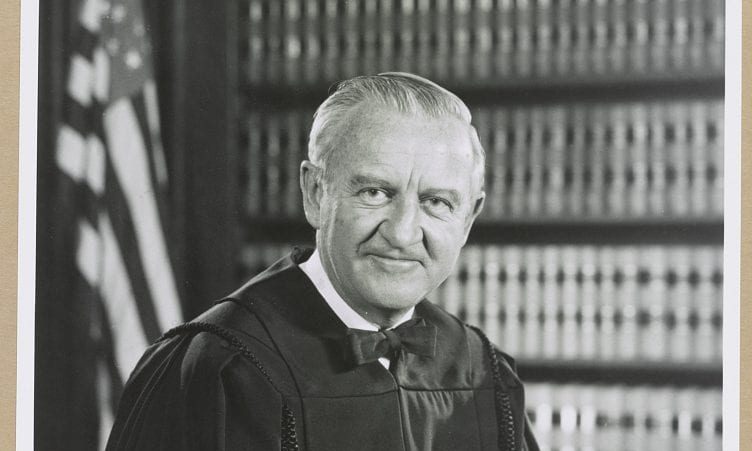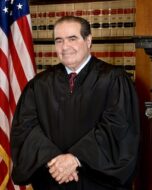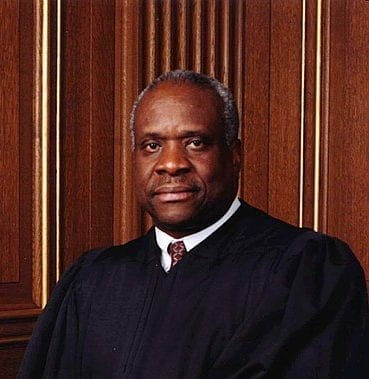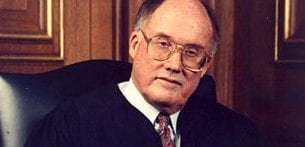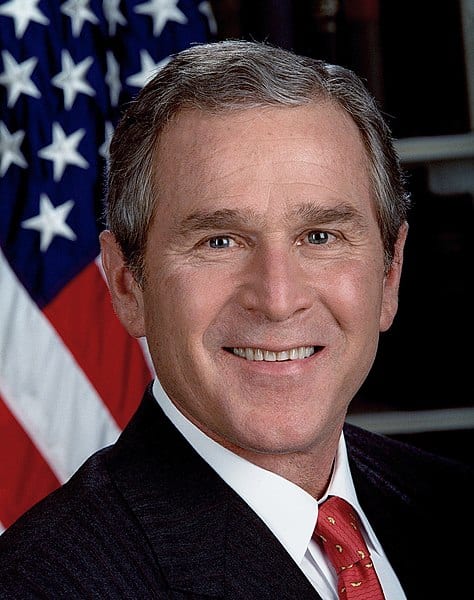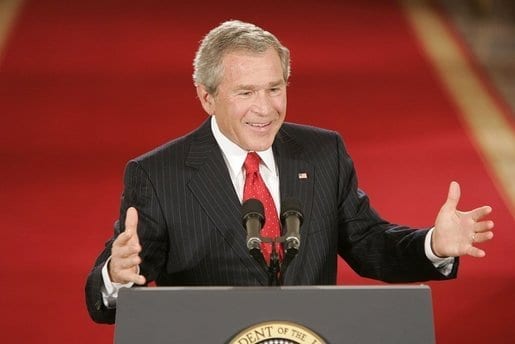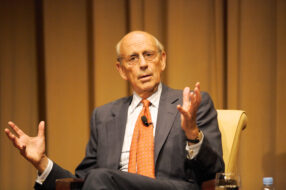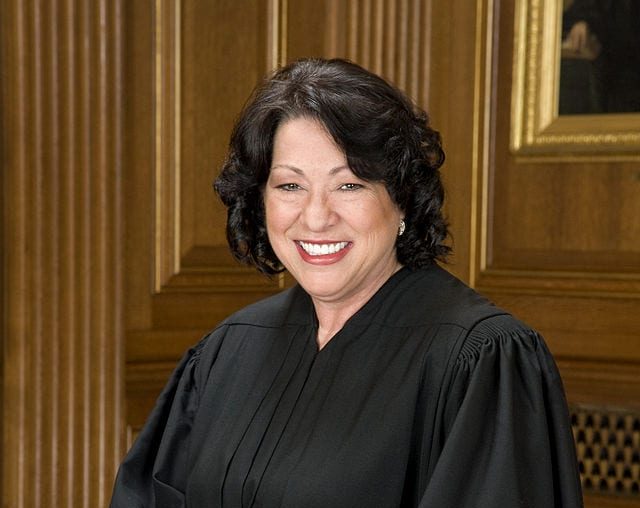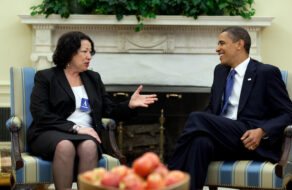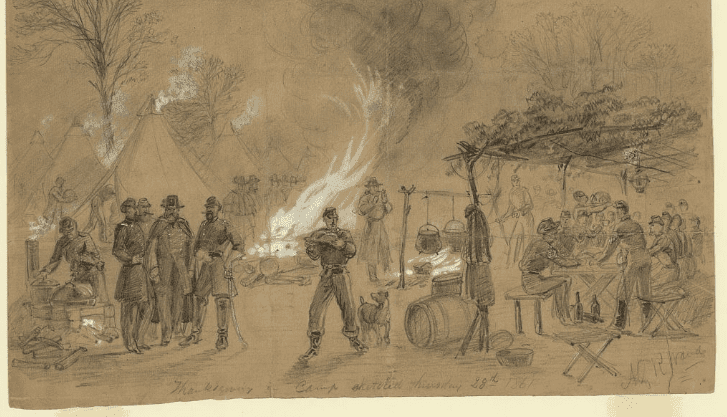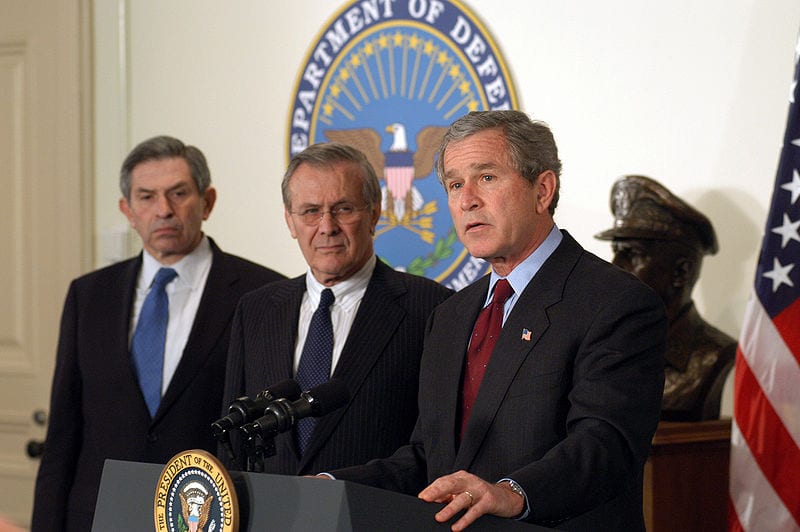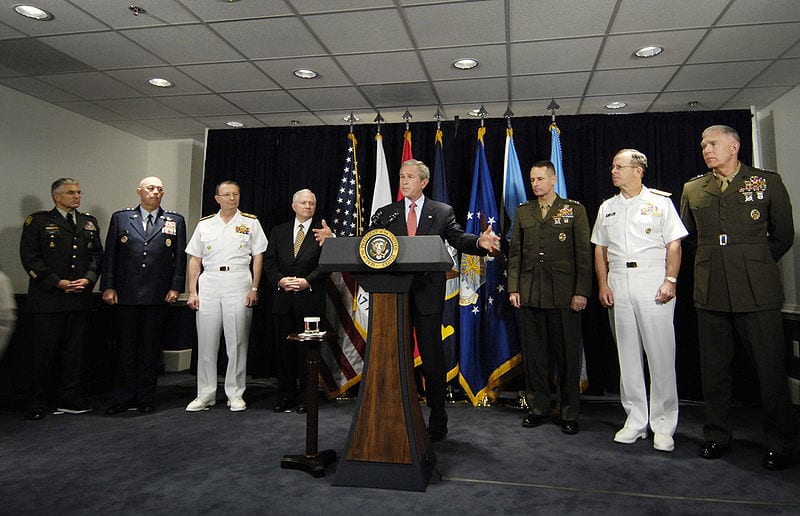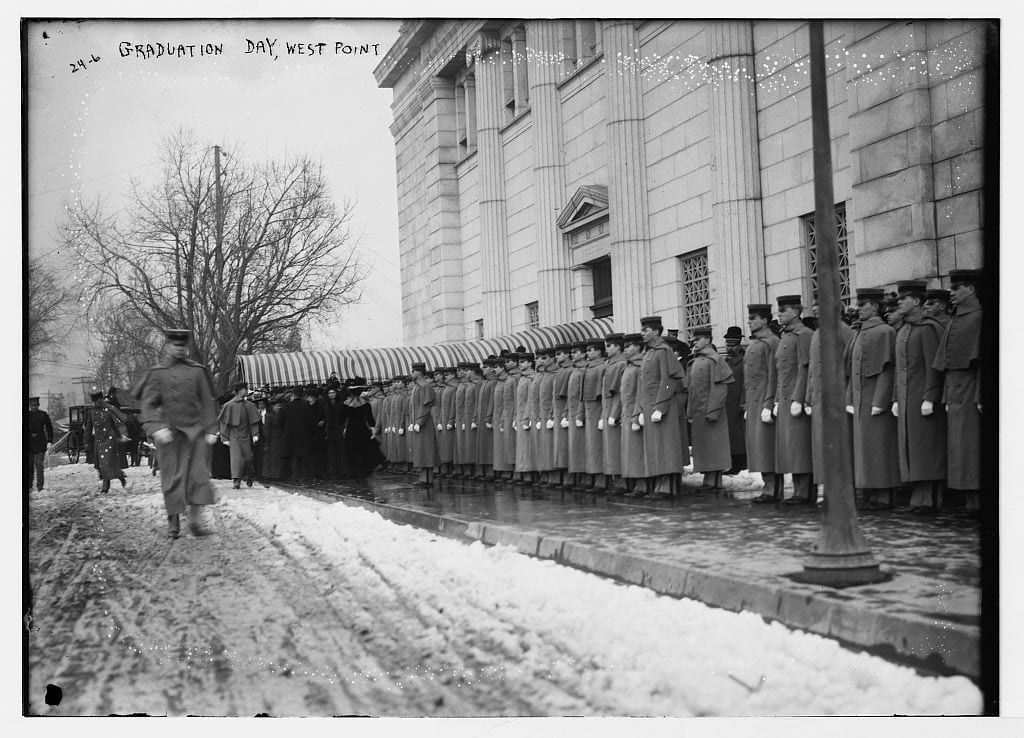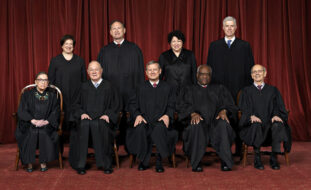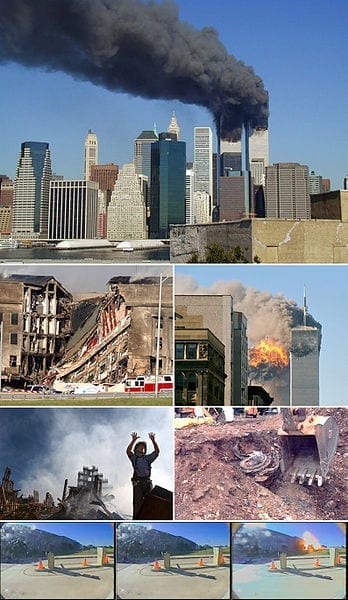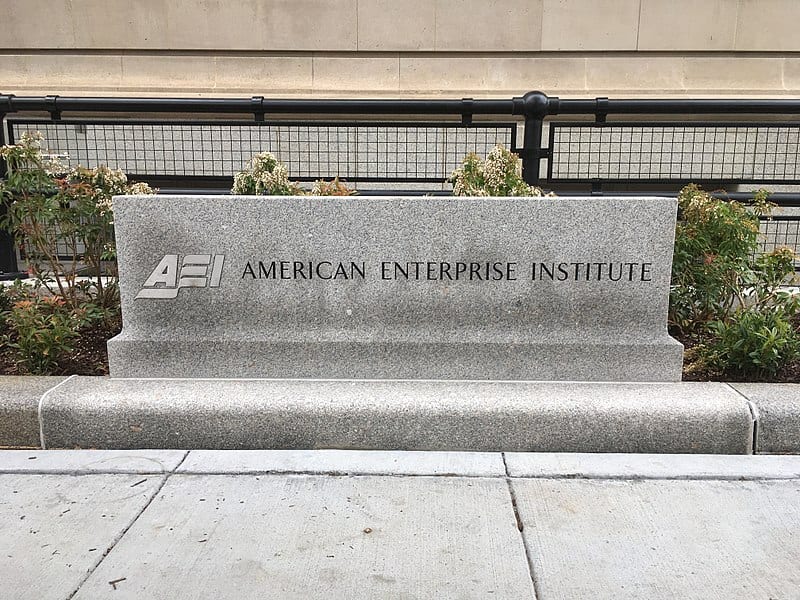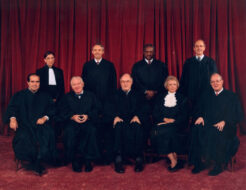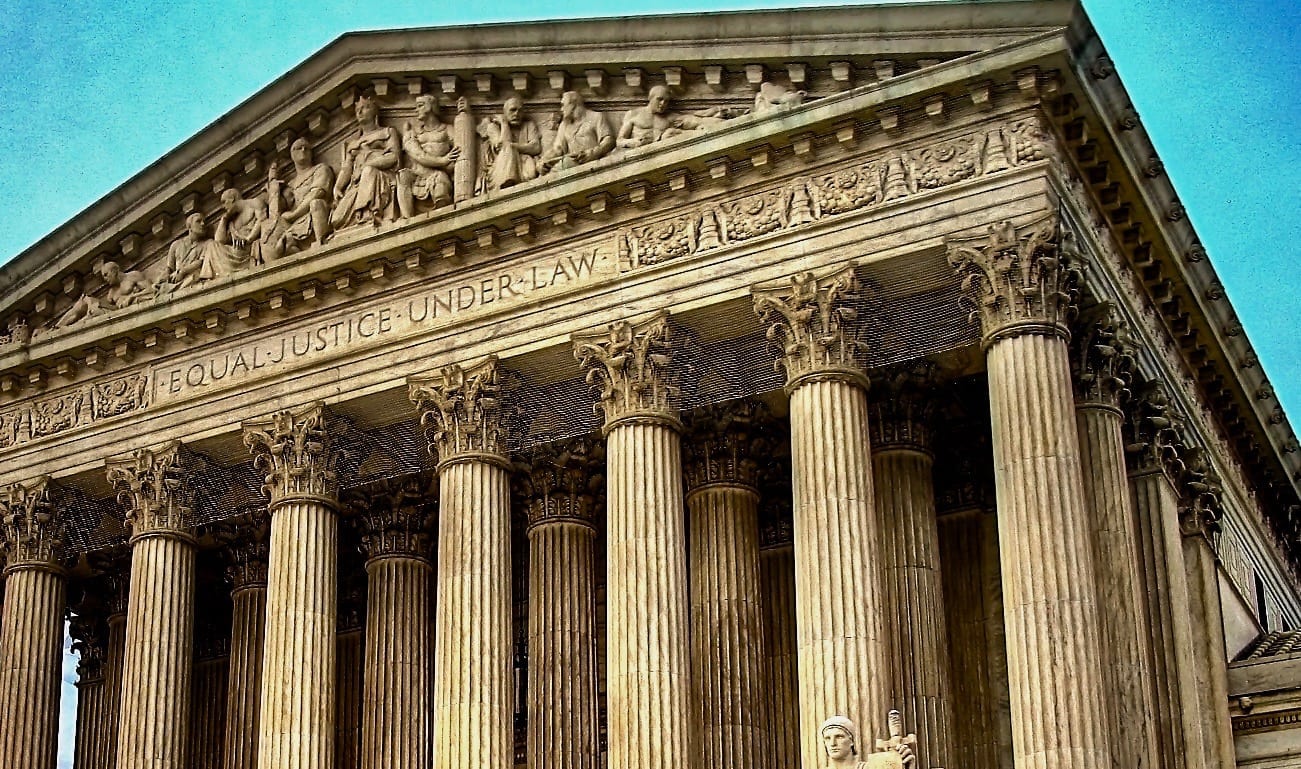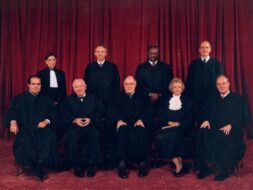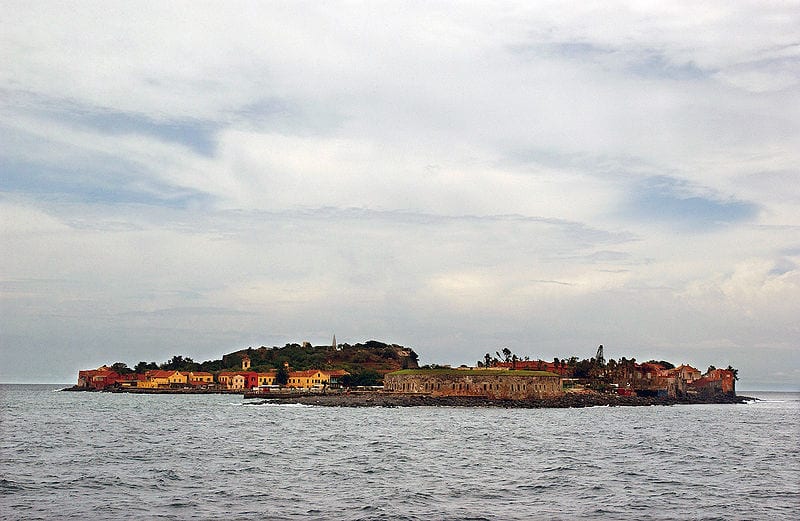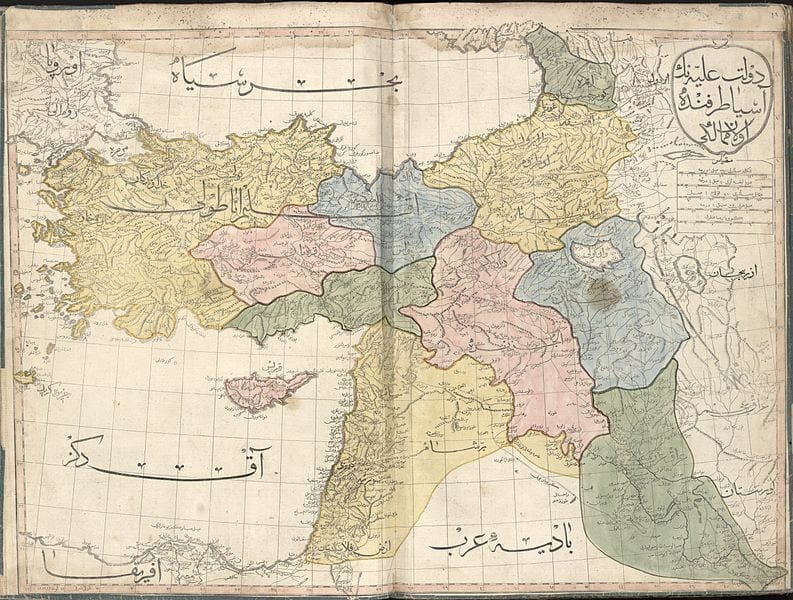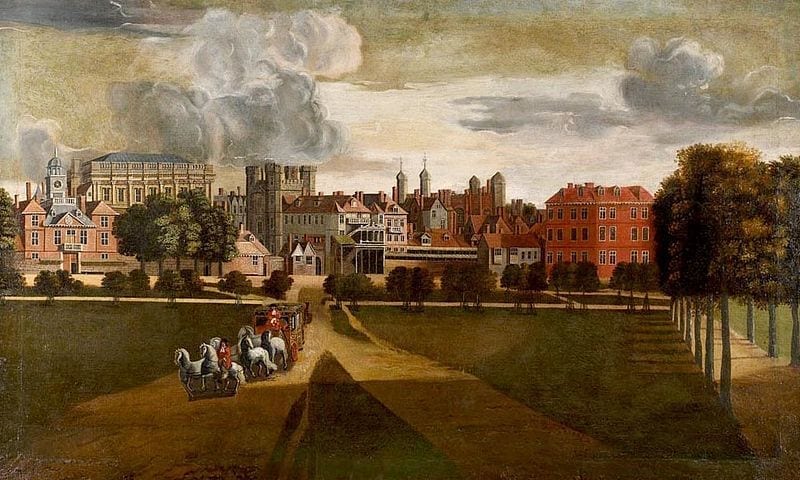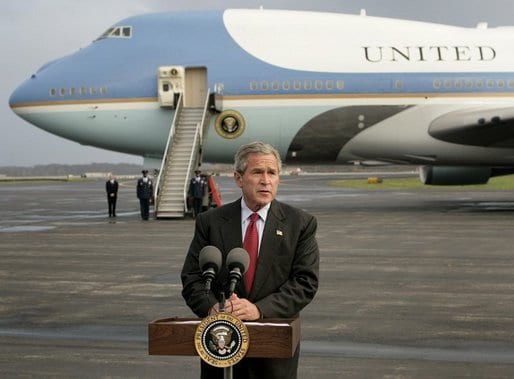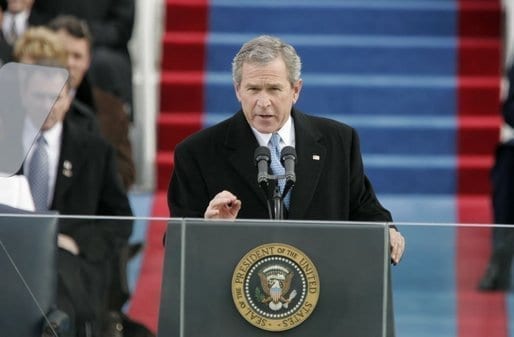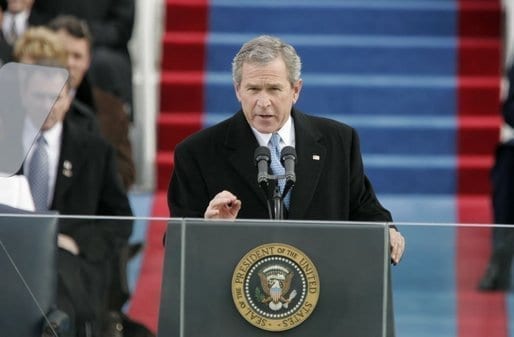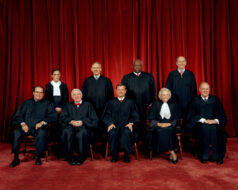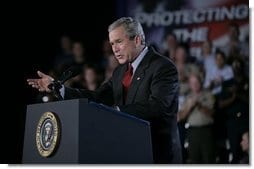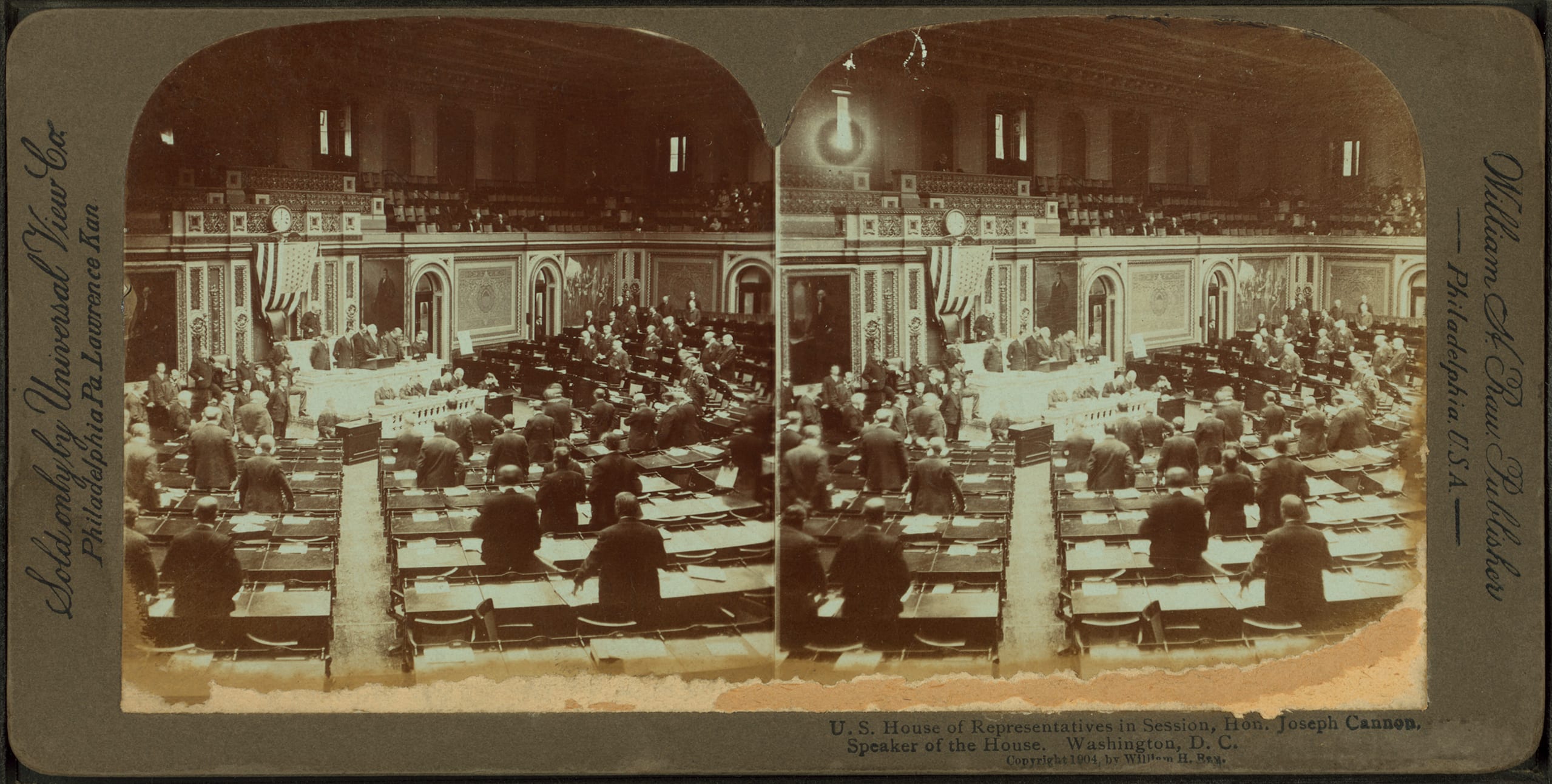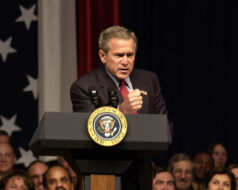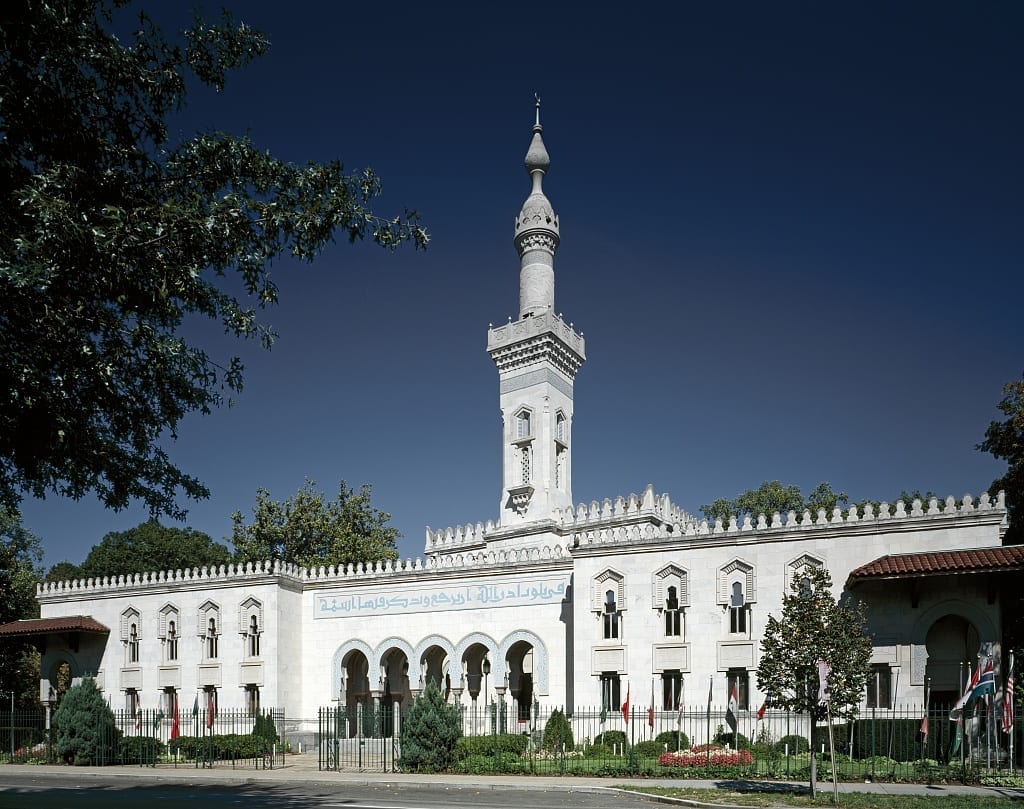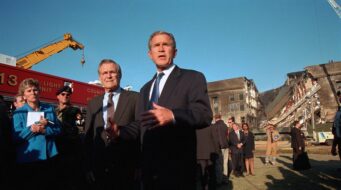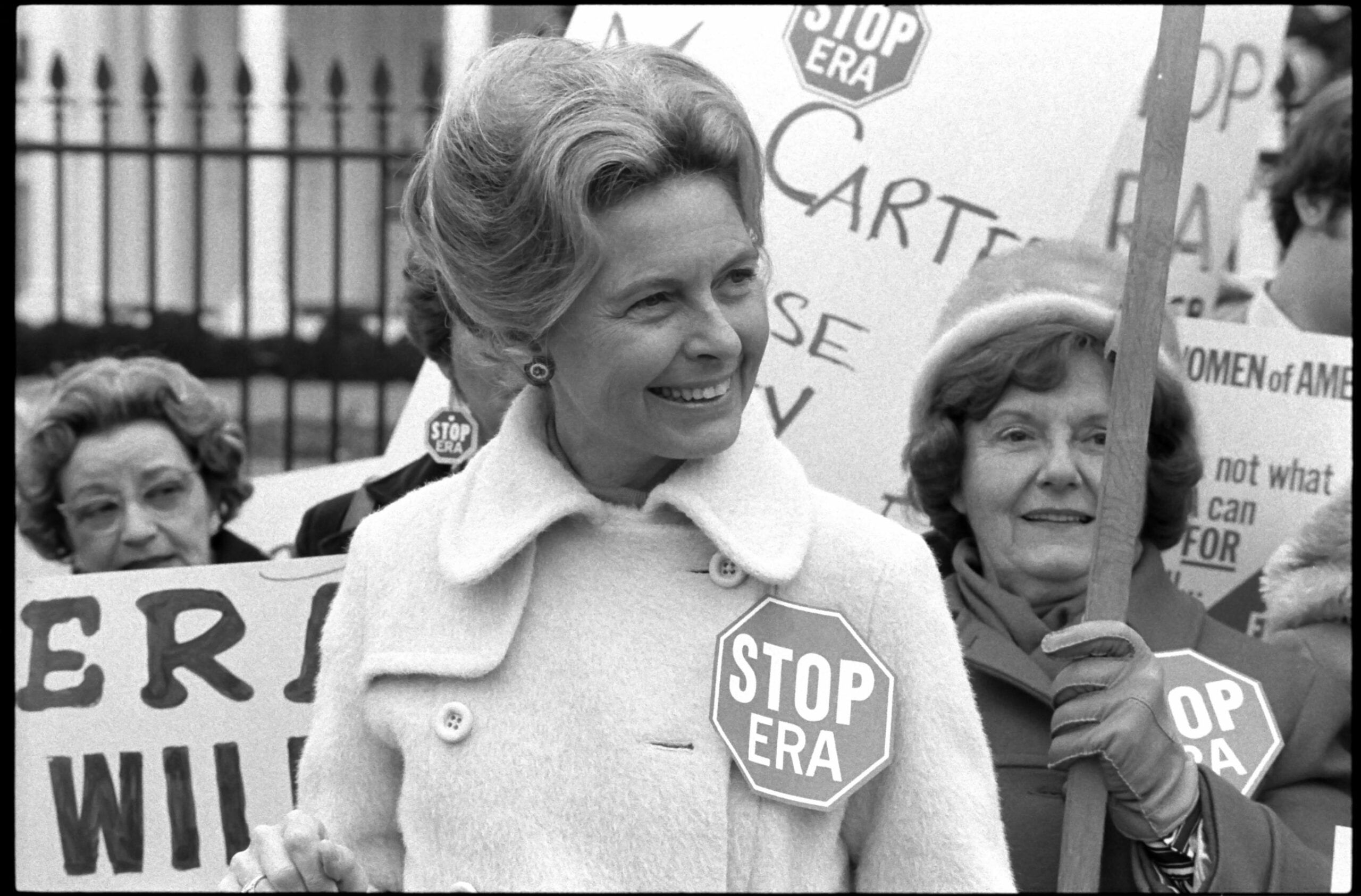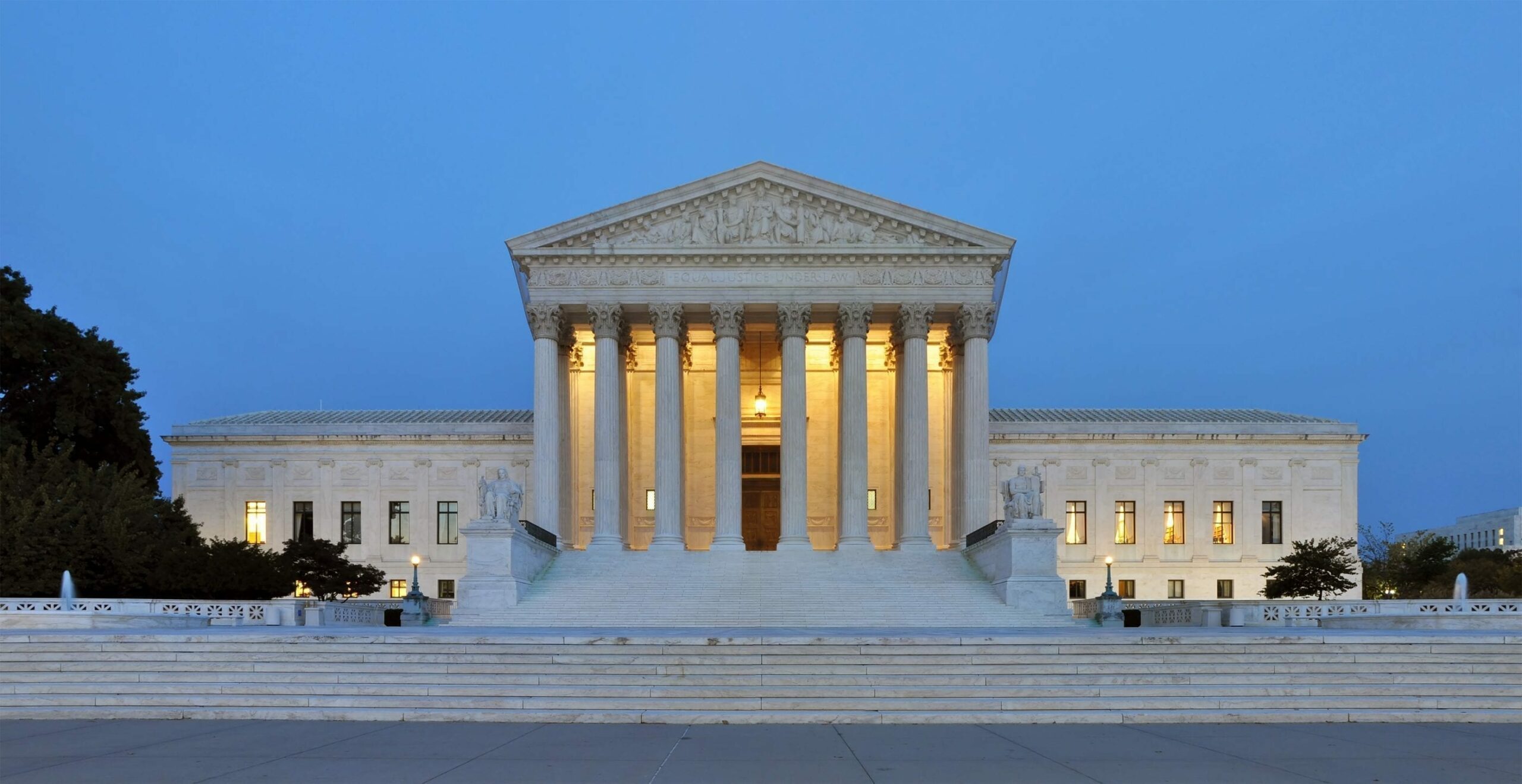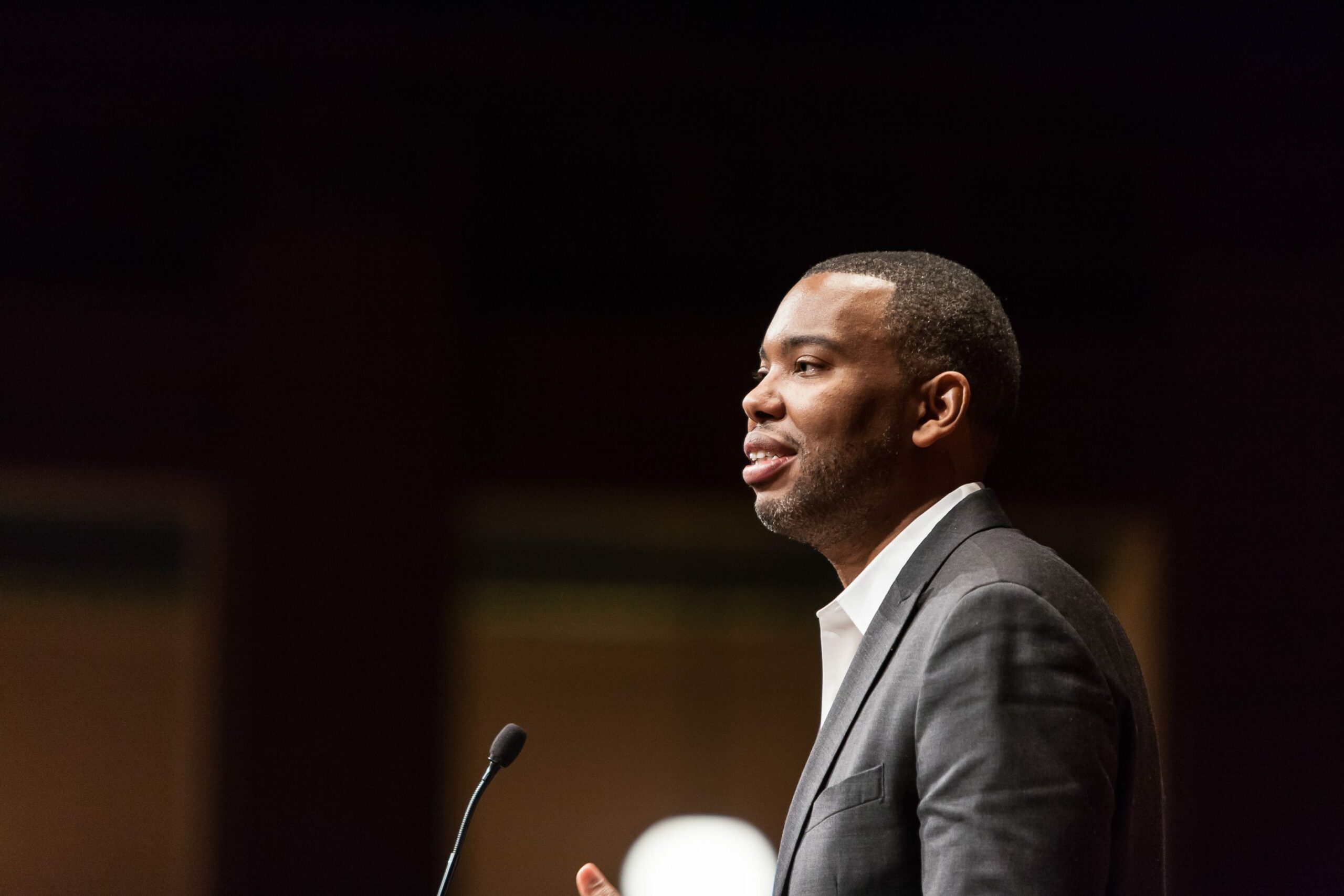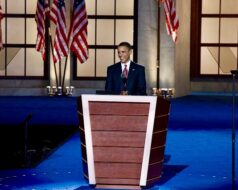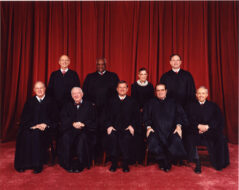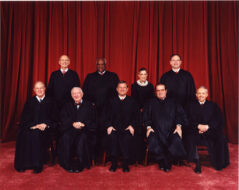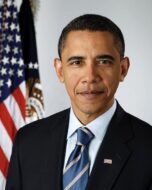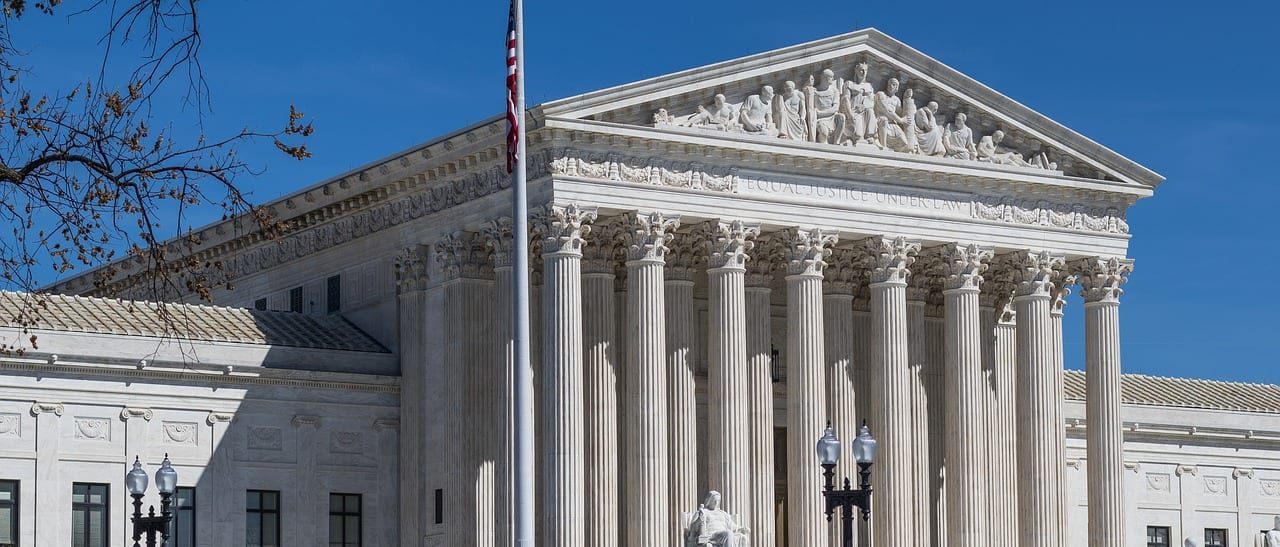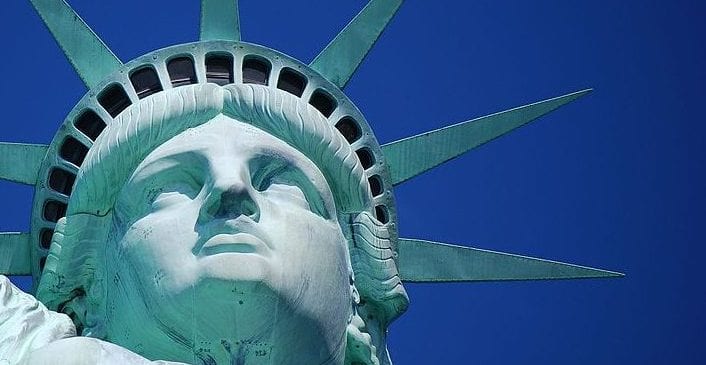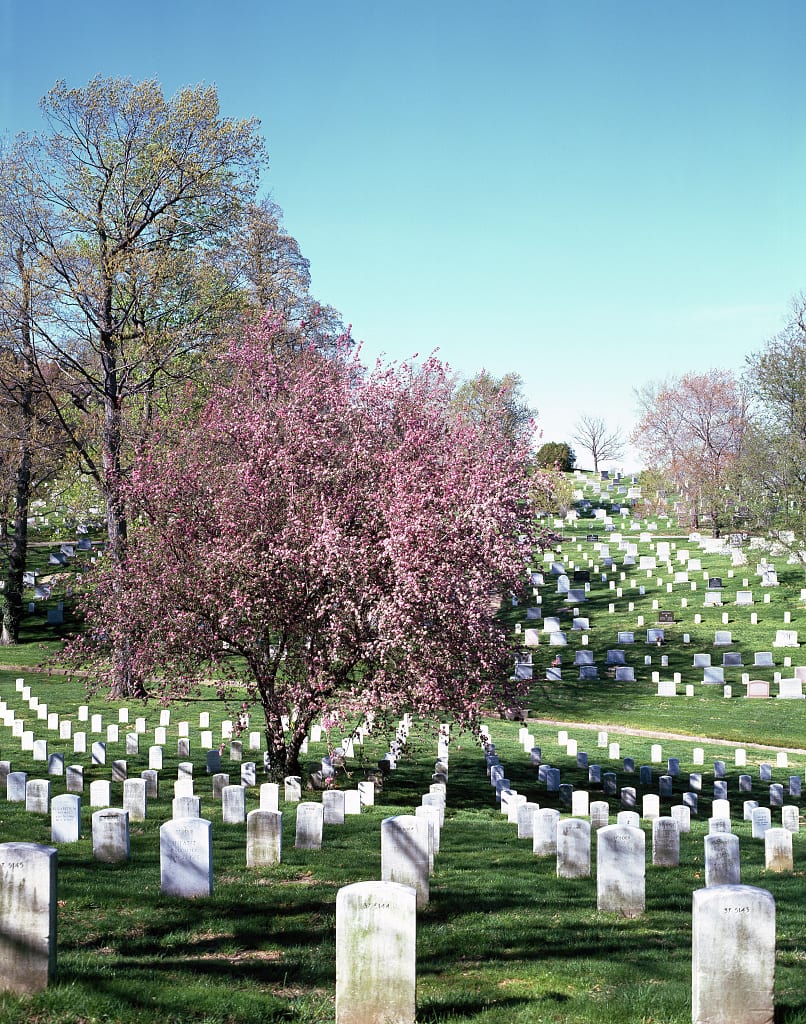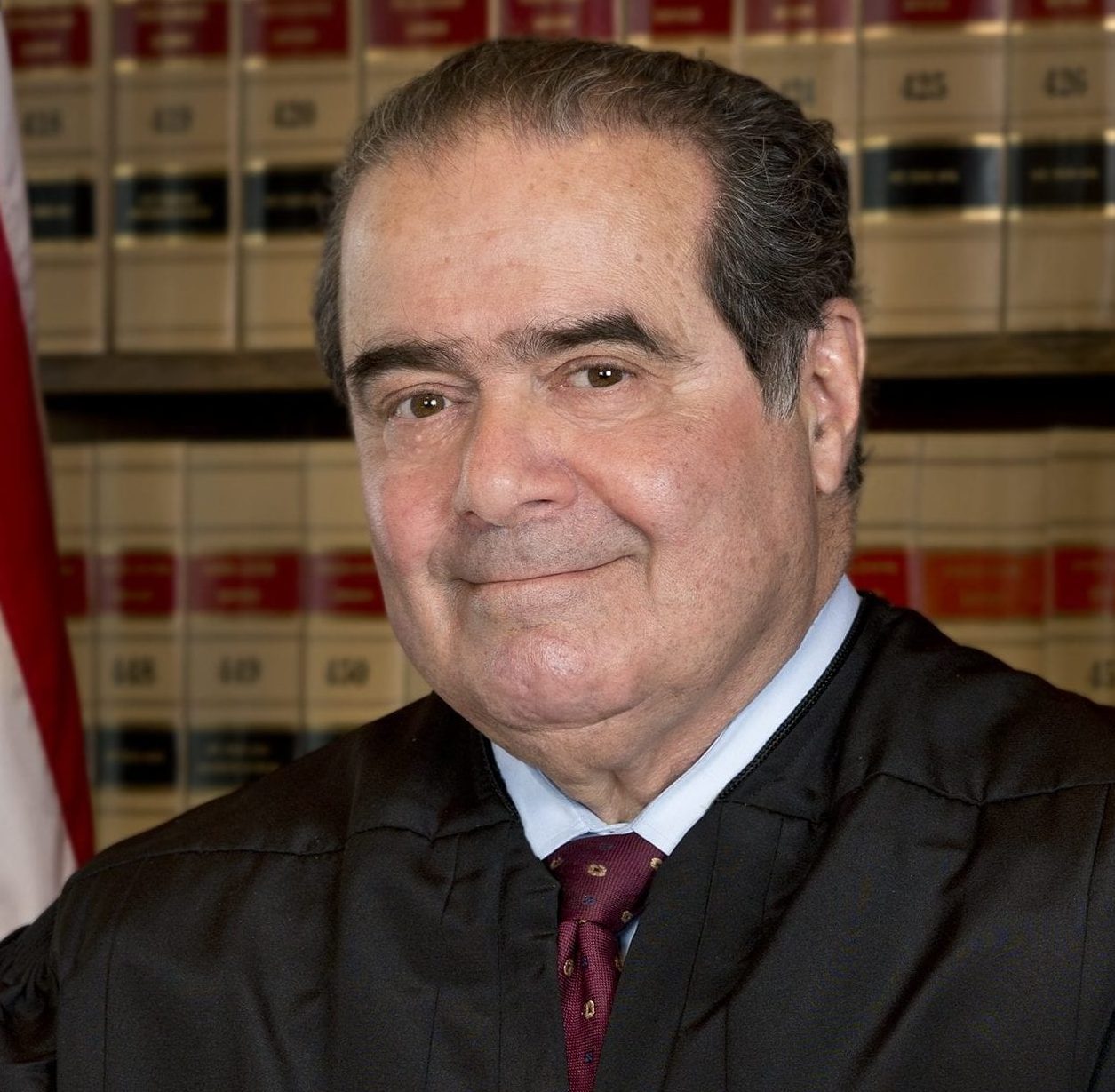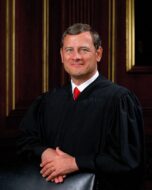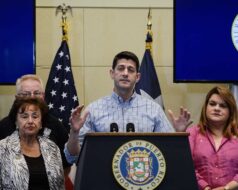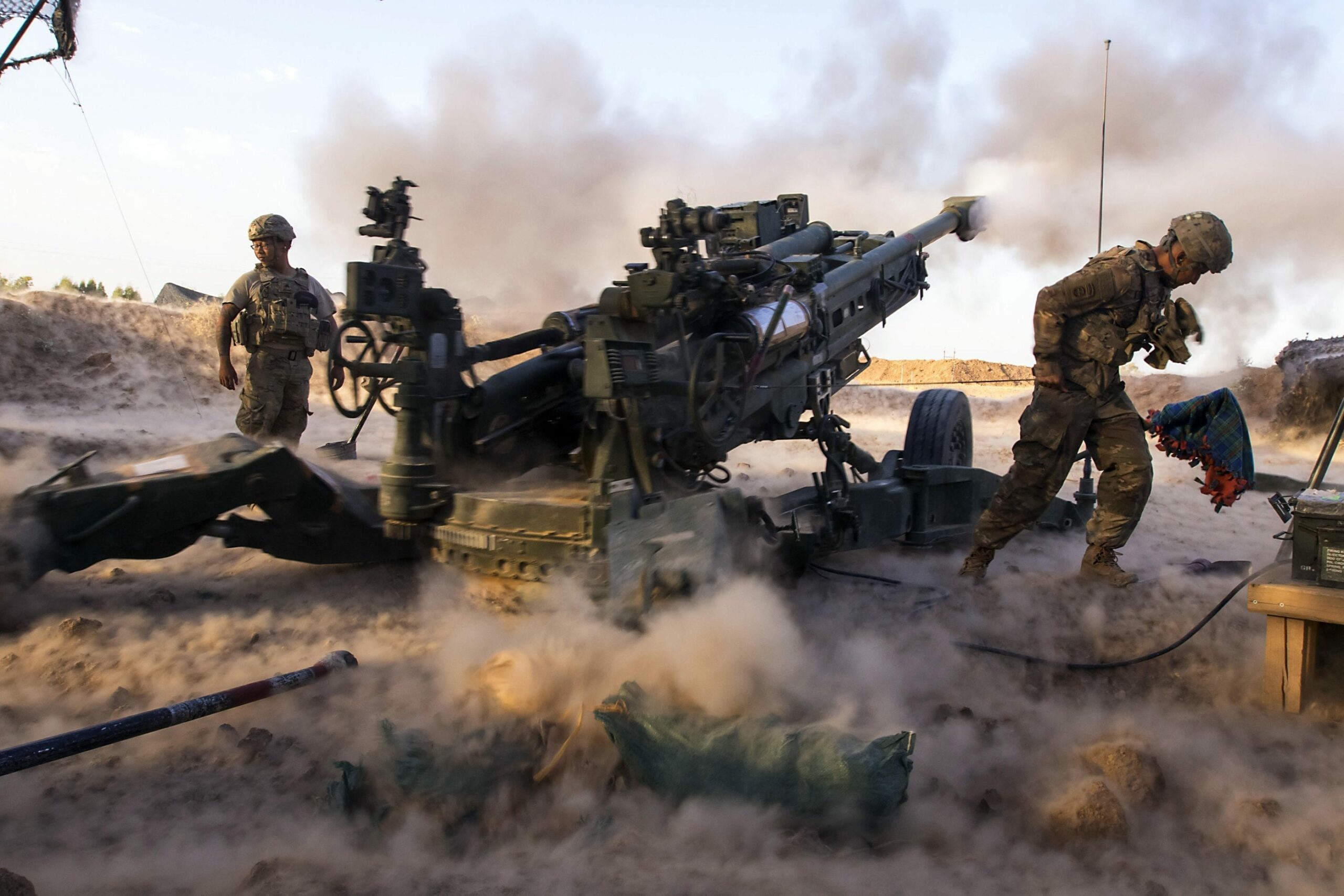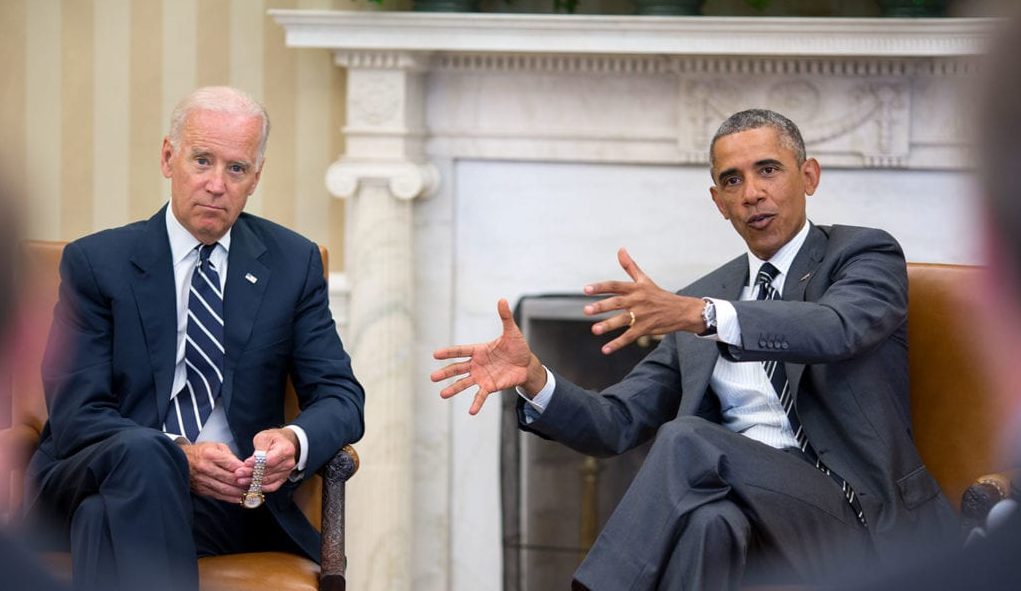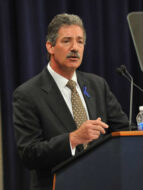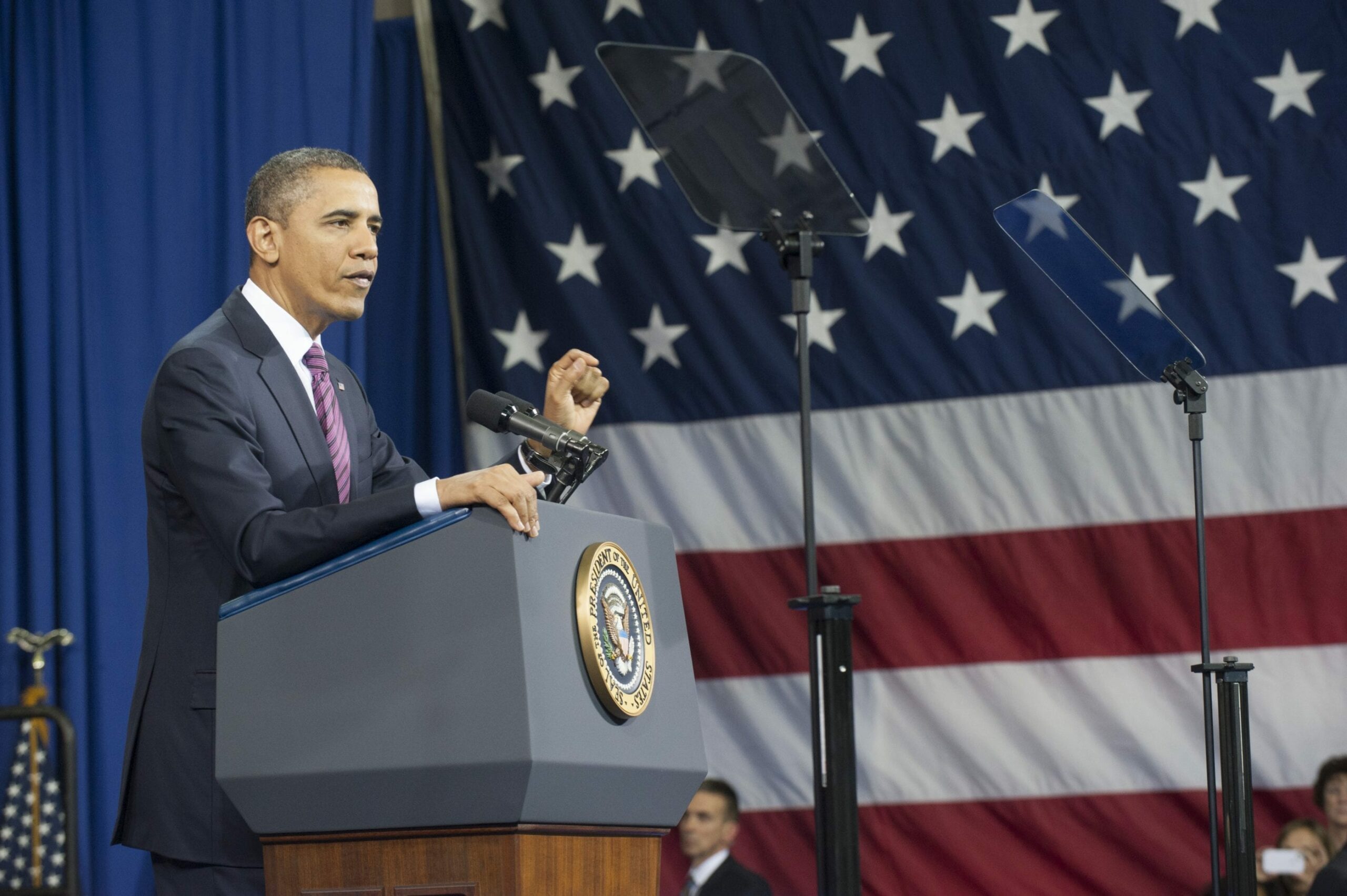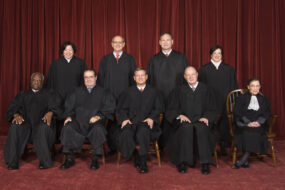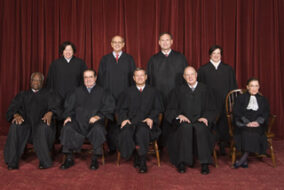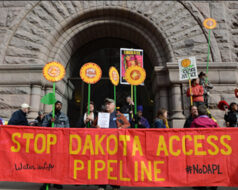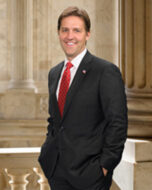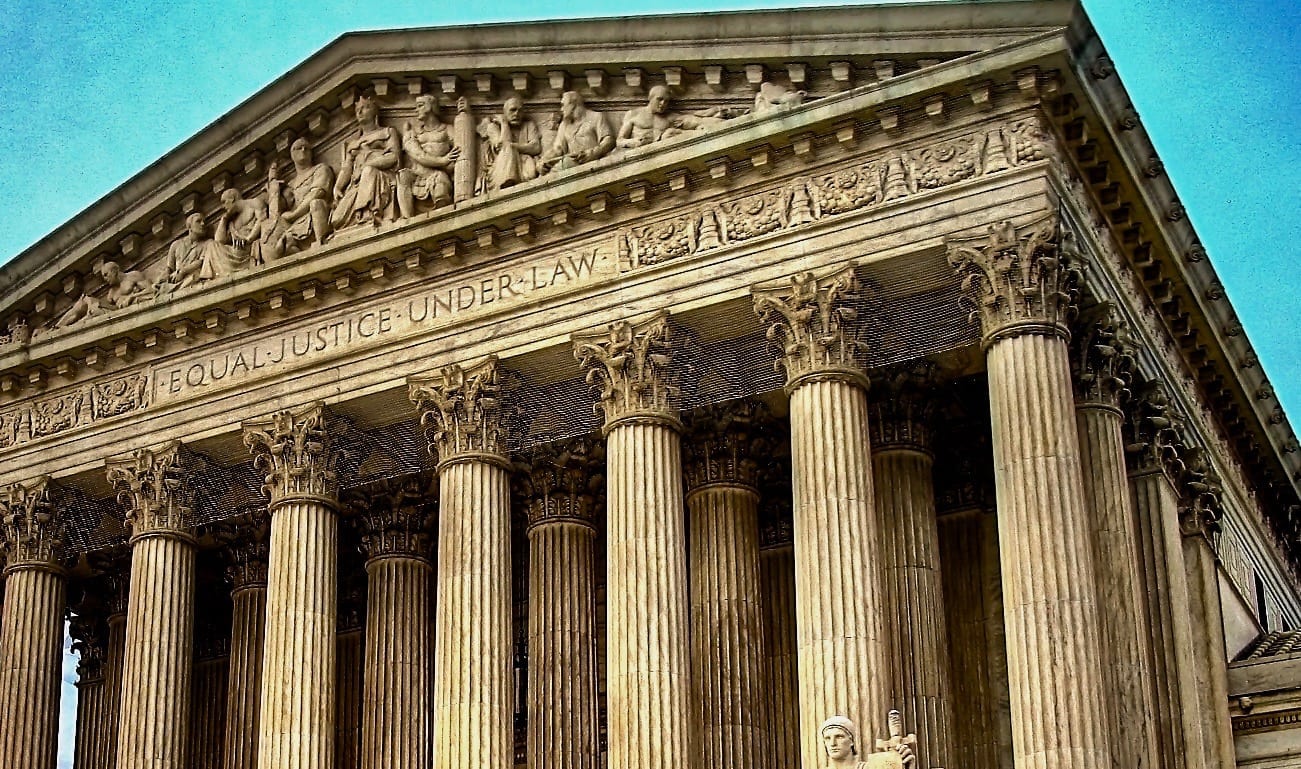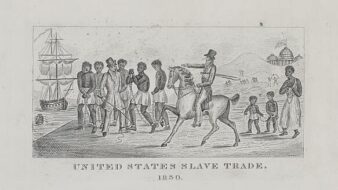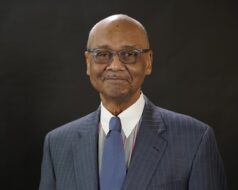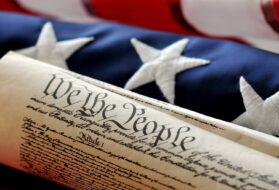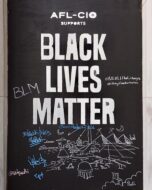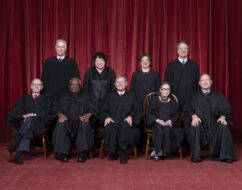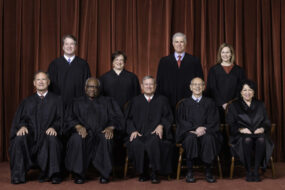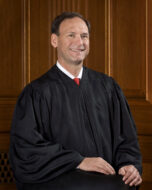Source: 106 Congress, Impeachment of William Jefferson Clinton, 1st Session, Senate, Document 106-2 (Washington, D.C.: United States Government Printing Office, 1999), 15-19.
RESOLUTION
Impeaching William Jefferson Clinton, President of the
United States, for high crimes and misdemeanors.
Resolved, That William Jefferson Clinton, President of the United States, is impeached for high crimes and misdemeanors, and that the following articles of impeachment be exhibited to the United States Senate:
Articles of impeachment exhibited by the House of Representatives of the United States of America in the name of itself and of the people of the United States of America, against William Jefferson Clinton, President of the United States of America, in maintenance and support of its impeachment against him for high crimes and misdemeanors.
ARTICLE I
In his conduct while President of the United States, William Jefferson Clinton, in violation of his constitutional oath faithfully to execute the office of President of the United States and, to the best of his ability, preserve, protect, and defend the Constitution of the United States, and in violation of his constitutional duty to take care that the laws be faithfully executed, has willfully corrupted and manipulated the judicial process of the United States for his personal gain and exoneration, impeding the administration of justice, in that:
On August 17, 1998, William Jefferson Clinton swore to tell the truth, the whole truth, and nothing but the truth before a Federal grand jury of the United States. Contrary to that oath, William Jefferson Clinton willfully provided perjurious, false and misleading testimony to the grand jury concerning one or more of the following: (1) the nature and details of his relationship with a subordinate Government employee; (2) prior perjurious, false and misleading testimony he gave in a Federal civil rights action brought against him; (3) prior false and misleading statements he allowed his attorney to make to a Federal judge in that civil rights action; and (4) his corrupt efforts to influence the testimony of witnesses and to impede the discovery of evidence in that civil rights action.
In doing this, William Jefferson Clinton has undermined the integrity of his office, has brought disrepute on the Presidency, has betrayed his trust as President, and has acted in a manner subversive of the rule of law and justice, to manifest injury of the people of the United States.
Wherefore, William Jefferson Clinton, by such conduct, warrants impeachment and trial, and removal from office and disqualification to hold and enjoy any office of honor, trust, or profit under the United States.
ARTICLE II
In his conduct while President of the United States, William Jefferson Clinton, in violation of his constitutional oath faithfully to execute the office of President of the United States and, to the best of his ability, preserve, protect, and defend the Constitution of the United States, and in violation of his constitutional duty to take care that the laws be faithfully executed, has prevented, obstructed, and impeded the administration of justice, and has to that end engaged personally, and through his subordinates and agents, in a course of conduct or scheme designed to delay, impede, cover up, and conceal the existence of evidence and testimony related to a Federal civil rights action brought against him in a duly instituted judicial proceeding.
The means used to implement this course of conduct or scheme included one or more of the following acts:
(1) On or about December 17, 1997, William Jefferson Clinton corruptly encouraged a witness in a Federal civil rights action brought against him to execute a sworn affidavit in that proceeding that he knew to be perjurious, false and misleading.
(2) On or about December 17, 1997, William Jefferson Clinton corruptly encouraged a witness in a Federal civil rights action brought against him to give perjurious, false and misleading testimony if and when called to testify personally in that proceeding.
(3) On or about December 28, 1997, William Jefferson Clinton corruptly engaged in, encouraged, or supported a scheme to conceal evidence that had been subpoenaed in a Federal civil rights action brought against him.
(4) Beginning on or about December 7, 1997, and continuing through and including January 14, 1998, William Jefferson Clinton intensified and succeeded in an effort to secure job assistance to a witness in a Federal civil rights action brought against him in order to corruptly prevent the truthful testimony of that witness in that proceeding at a time when the truthful testimony of that witness would have been harmful to him.
(5) On January 17, 1998, at his deposition in a Federal civil rights action brought against him, William Jefferson Clinton corruptly allowed his attorney to make false and misleading statements to a Federal judge characterizing an affidavit, in order to prevent questioning deemed relevant by the judge. Such false and misleading statements were subsequently acknowledged by his attorney in a communication to that judge.
(6) On or about January 18 and January 20-21, 1998, William Jefferson Clinton related a false and misleading account of events relevant to a Federal civil rights action brought against him to a potential witness in that proceeding, in order to corruptly influence the testimony of that witness.
(7) On or about January 21, 23, and 26, 1998, William Jefferson Clinton made false and misleading statements to potential witnesses in a Federal grand jury proceeding in order to corruptly influence the testimony of those witnesses. The false and misleading statements made by William Jefferson Clinton were repeated by the witnesses to the grand jury, causing the grand jury to receive false and misleading information.
In all of this, William Jefferson Clinton has undermined the integrity of his office, has brought disrepute on the Presidency, has betrayed his trust as President, and has acted in a manner subversive of the rule of law and justice, to the manifest injury of the people of the United States.
Wherefore, William Jefferson Clinton, by such conduct, warrants impeachment and trial, and removal from office and disqualification to hold and enjoy any office of honor, trust, or profit under the United States.
Passed the House of Representatives December 19, 1998.
Newt Gingrich,
Speaker of the House of Representatives.
Attest: Robin H. Carle,
Clerk.
ANSWER OF PRESIDENT WILLIAM JEFFERSON CLINTON
TO THE ARTICLES OF IMPEACHMENT
The Honorable William Jefferson Clinton, President of the United States, in response to the summons of the Senate of the United States, answers the accusations made by the House of Representatives of the United States in the two Articles of Impeachment it has exhibited to the Senate as follows:
PREAMBLE
THE CHARGES IN ARTICLES DO NOT CONSTITUTE
HIGH CRIMES OR MISDEMEANORS
The charges in the two Articles of Impeachment do not permit the conviction and removal from office of a duly elected President. The President has acknowledged conduct with Ms. Lewinsky that was improper. But Article II, Section 4 of the Constitution provides that the President shall be removed from office only upon “Impeachment for, and Conviction of, Treason, Bribery or other high Crimes and Misdemeanors.” The charges in the articles do not rise to the level of “high Crimes and Misdemeanors” as contemplated by the Founding Fathers, and they do not satisfy the rigorous constitutional standard applied throughout our Nation’s history. Accordingly, the Articles of Impeachment should be dismissed.


